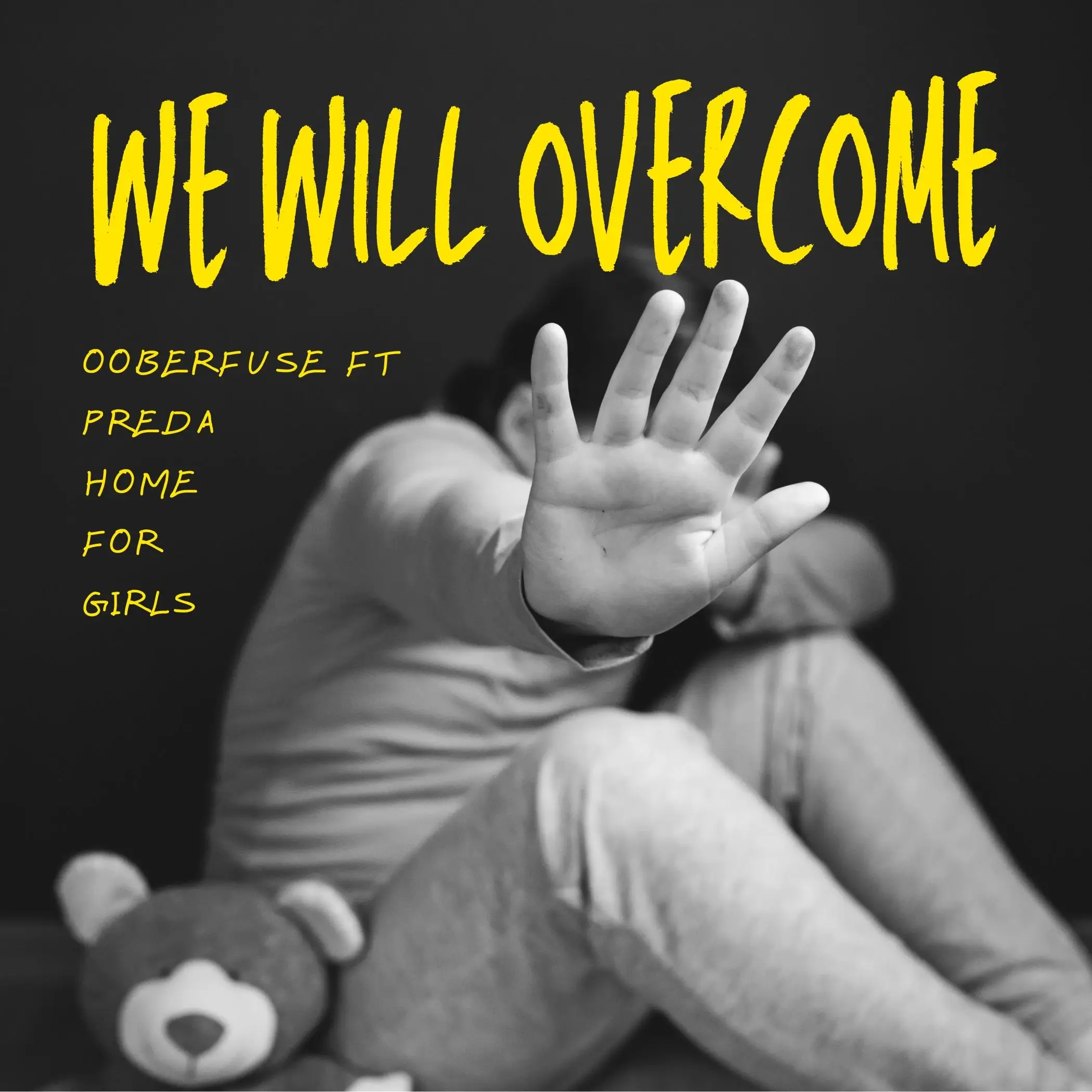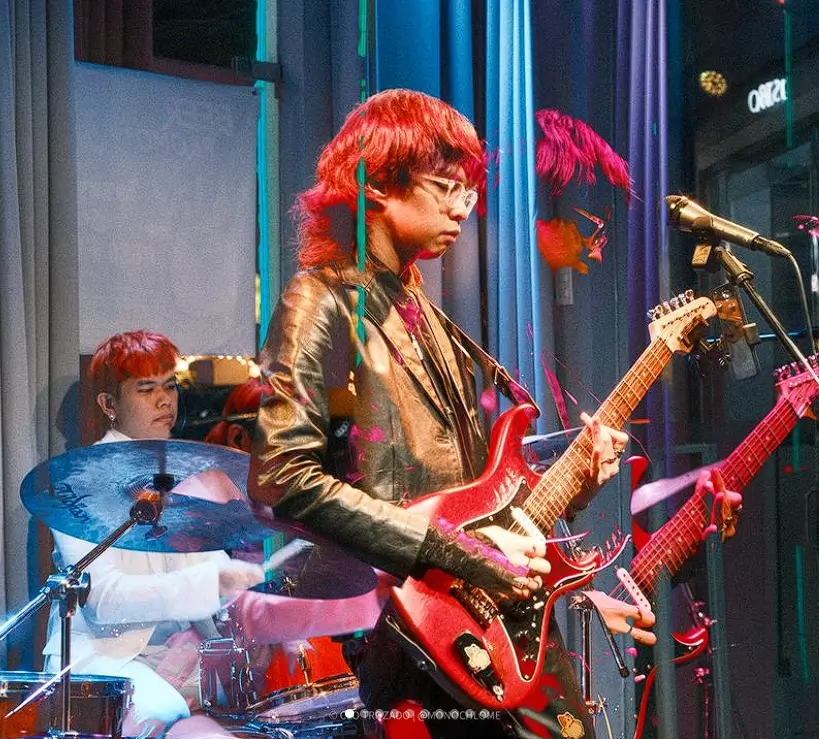Let’s get one thing straight: Fu Lai by Yudes is not here to make you feel cool; it’s here to make you feel everything. This isn’t some curated global fusion playlist with easy hooks and celebrity cosigns. No phonetic training wheels, no Dua Lipa cameo to guide you in gently. This album opens in Mandarin-English trap and ends somewhere between an identity spiral and a voice memo accidentally left in your soul. And it’s beautiful.
A lot of bilingual albums aim for polish. They take the safest route, using language as a tool for accessibility, smoothing out the edges to ensure that everyone can understand and appreciate the experience. Fu Lai doesn’t do that. Instead, it aims for truth. It’s not about making you comfortable; it’s about making you feel something real and visceral, even if that feeling is disorienting.

This is what happens when two languages aren’t just ornamental or gimmicks or tokens to check off in an attempt to sound “global.” Instead, Fu Lai treats Mandarin and English as dimensions, as fully realized elements of identity that shape the sound, the delivery, and the experience. Each language doesn’t just coexist in the same song. Rather, it collides. It challenges the listener to reconcile the two worlds and the conflicting feelings they evoke.
Where other artists may blend cultures for the sake of appeal or novelty, Fu Lai doesn’t aim to blend. It embodies both. It lives in that messy, magnetic in-between, where belonging isn’t a fixed point, but a constant push and pull. The result is an album that’s at once familiar and foreign, where the tension between the two languages isn’t just a theme; it’s the heartbeat of the entire project.
It’s not about translation, where one language neatly converts into another. What Fu Lai offers is a transformation. It shifts the very fabric of communication, moving beyond the simple act of switching languages to something much deeper: an exploration of how language shapes identity, how it twists and fractures in the process of navigating two worlds. It’s the sound of someone caught between them, trying to make sense of who they are in a place where they don’t fully belong to either side. And in doing so, it transforms not just the listener’s understanding of bilingualism, but their experience of how music can live in those untranslatable spaces.
“Top Down Low” for example is a smoky, moody ride through dual-language bars that flow like they were always meant to share space. The beat hums like headlights on wet asphalt. You think you’re just vibing until you realize you’ve stopped breathing.
“Local Accent” flips the script into a bilingual self-portrait of identity and dissonance. It’s clever, meta, and catchy as hell. If you’ve ever mixed languages mid-sentence or watched your tongue trip over your roots, this song feels like it was written inside your brain. And the hook? Permanent residency in your memory.
Then the album pivots. Around track six, the flex fades. In its place comes something quieter, deeper with tracks like “Dopesick” and “Black & White” feel like therapy sessions set to trap beats. Mandarin choruses loop like memory fragments, while English verses confess things you maybe weren’t ready to admit. It’s disorienting, but in the way truth often is.
“Black & White,” especially, distills the entire album into something achingly clear. Sparse production, sharp lyrics, and delivery that cuts right through. It’s not just duality; it’s duality with intention, like someone finally figured out how to turn cultural whiplash into poetry.
Then “Sweet n Low” arrives and gently ruins you. It’s delicate, flirtatious, devastating, like two voices flirting across languages, saying more in tone than text. It’s pop, but it’s also something more: intimacy that transcends vocabulary. The kind of song you listen to on repeat not because it’s catchy (it is), but because it says something you didn’t know how to.
So no, I still don’t speak fluent Mandarin. But Fu Lai makes me want to. Not because it makes language feel cool, but because it makes it feel essential. Because if this is where the bilingual trap is going, I want in.
Fu Lai is a triumph. It’s fearless in its vulnerability, brilliant in its bilingualism, and alive in ways most albums only pretend to be. It doesn’t care if you get every word. The emotion is doing just fine on its own. And if you let it, even just a little, Fu Lai by Yudes won’t just move you; it might actually change how you hear everything else.
And honestly? That’s more than I can say for most albums that do speak my language.
Follow Yudes
About the Author

A tenured media critic known working as a ghost writer, freelance critic for various publications around the world, the former lead writer of review blogspace Atop The Treehouse and content creator for Manila Bulletin.









